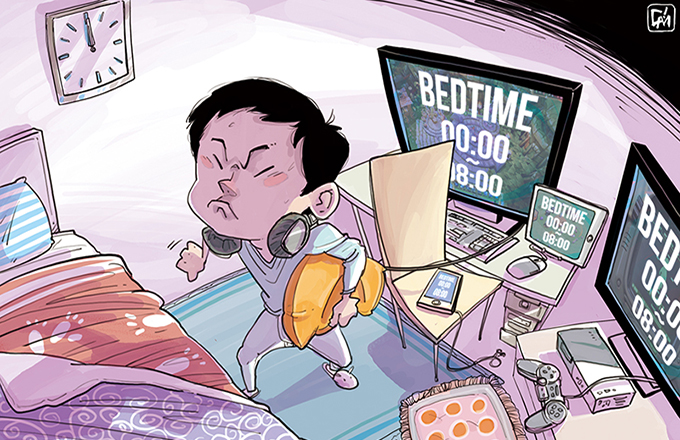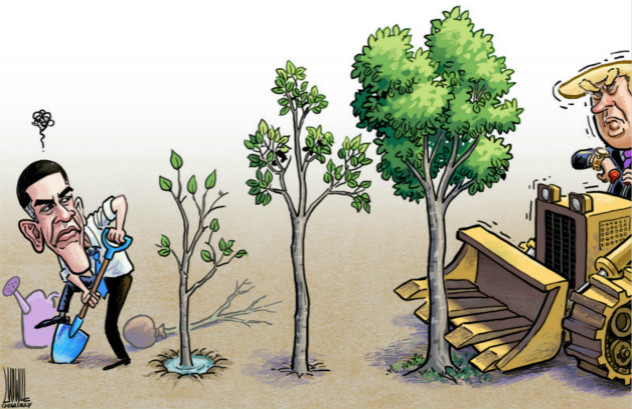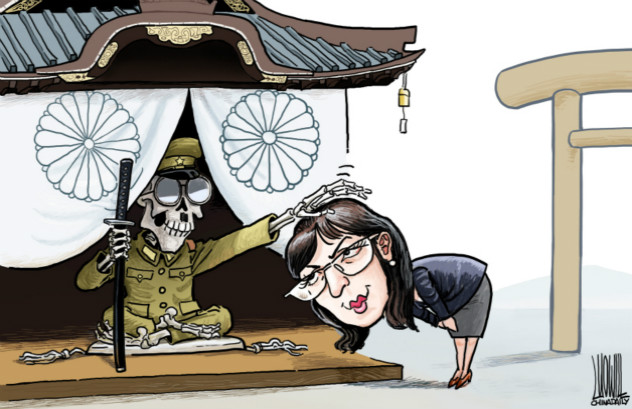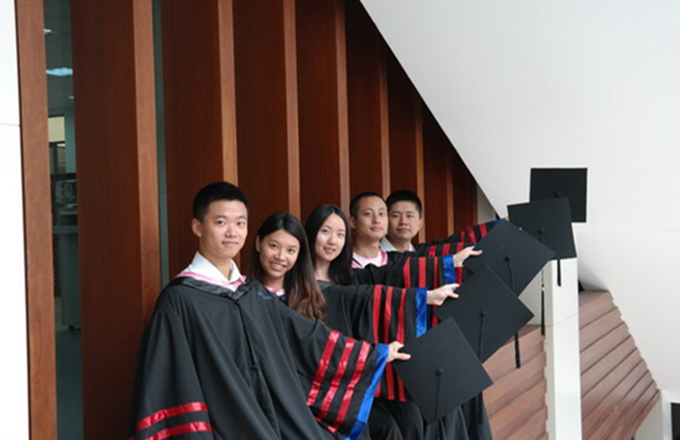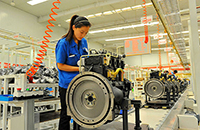Tax distribution reform is better than raising taxes
Raising taxes and making new tax categories increasingly seem to be finding a consensus among political advisors and legislators in China, as the overall tax burden is heavy and the tax structure is far from fair, says an article in China Business News. Excerpts:
Tax officials are studying the feasibility of levying taxes on electronic business dealers. The heritage tax, property tax, resource tax and environmental protection tax have all become popular in the annual two sessions of China's top political advisors and legislators. Raising people's tax burdens does no good to the healthy development of the national economy.
Judging from practical national conditions, China should reduce the tax burdens for average wage earners and increase taxes on the rich, who can easily evade income tax. Increasing taxes is an effective way to ease pressure on the country's debt. But the government should first make clear how debt is formed and find the real cause for the local governments' financial deficits.
The root cause is that the central government takes too much tax revenue from local governments compared with the tasks assigned to local governments, which are the main public service providers. The central government has rich financial resources and an ability to make transfer payments, while local governments can only resort to non-tax revenues, such as administration fees and land financing. In contrast, local government finances and people's livelihoods do not receive enough resources.
In this context, taxpayers have the right to know how their money is used. The central authority should concede more tax revenues to local governments through a reform of the tax distribution system, other than only increasing taxes.




